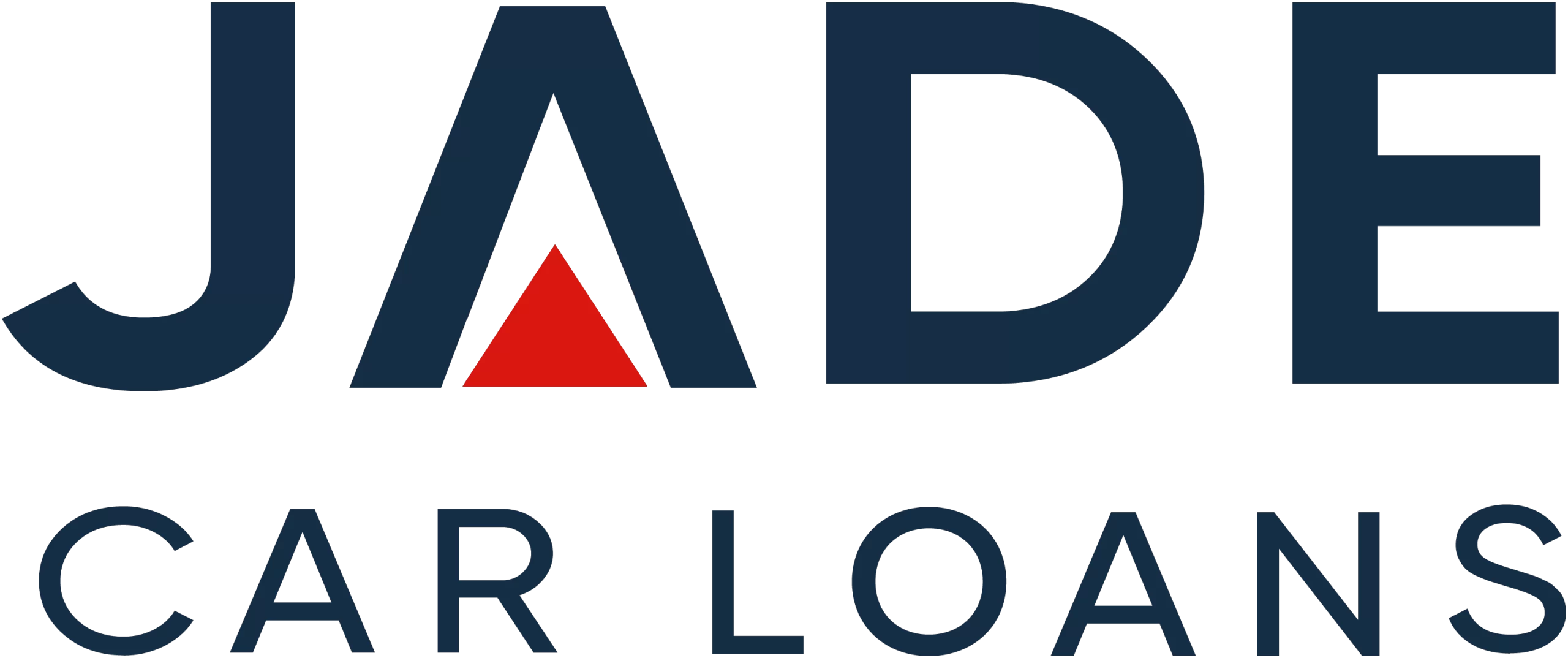Last week we reported on the latest employment figures and the effect these may have on car finance interest rates. This week another set of economic data was released – the latest inflation figures, and these will also have implications for car loan rates.
The Australian Bureau of Statistics (ABS) released the inflation figures for the June 2022 quarter, reporting that the CPI inflation rate had soared to 6.1% The quarterly increase was 1.8% which followed the 2.1% increase in the March quarter and represents the second highest quarterly increase since GST was introduced over 20 years ago.
The Federal Treasurer, Jim Chalmers, said that the latest inflation figures, while not a surprise to the government, were confronting. Mr Chalmers released an economic forecast statement regarding the cost of living pressures facing Australians on 28 July ahead of the October budget. In that statement, he forecast inflation could reach 7.75% in the December quarter.
The latest inflation figures as released by the ABS will place pressure on the RBA for further rate rises which will flow through to car finance interest rates. This comes at a time when car buyers have been facing delays in delivery of new vehicles as a result of global supply chain issues.
With rates set to rise further, buyers will be wanting to focus even more closely on achieving the cheapest car loan interest rates on the market. We explain the significance of soaring inflation on car loan rates and what buyers can do to ensure they still achieve the best rates.
ABS Releases Latest Inflation Figures
The ABS released the June 2022 quarterly inflation figures on 27 July. Officially known as the consumer price index inflation (CPI inflation) the figure was lower than the previous quarter but still resulted in the highest rate in 20 years.
Key points from the ABS statement:
- Annual inflation at 6.1%. When large rises and falls in prices are excluded, rate sits at 4.9%
- Highest rate since 2003 when the ABS first began publishing the series of data.
- Attributed to higher construction costs for housing and fuel prices.
- 79% of the CPI rise was accounted for by rises in goods price. The ABS says this reflects higher cost of freight, strong demand and constrained supply.
- Fuel prices recorded a rise for the 8th quarter in a row. These price pressures flow through to the consumer market. Attributed to the Ukraine war which has resulted in a shock in oil prices as well as COVID restrictions easing globally which is driving demand.
- Price increases reported in both food and non-food grocery items for the quarter. Attributed to disruptions in supply chains and increased costs of transport and of input.
- Flood events and labour shortages attributed to higher food prices.
- Services prices recorded lesser rise than that for goods.
Inflation and RBA Cash Rates
The RBA takes account of inflation as a key in making decisions around cash rate changes. Over the past few months the RBA has lifted the cash rate by 1.25% to address soaring inflation. While the June quarter inflation rate is reportedly less than many economists had predicted, it still leaves the rate at a 20 year high.
A high rate will place further pressure on the Board of the RBA to announce yet another significant cash rate rise at its 2 August meeting. Expectations following the release of the recent employment figures were for possibly up to a 1% hike. But a 0.5% is appearing more likely. If this occurs, it would put the cash rate at 1.85% which would be the highest seen since 2016.
Significance of Car Finance Rates
Soaring inflation flows through to rises in the cash rate by the RBA which then flow through to lending markets including motor vehicle finance interest rates. The motor vehicle finance market is one of the largest and most competitive in Australia and lenders will be adjusting their rates based on individual guidelines and decisions.
With such competition across the market, buyers seeking the cheapest car loan interest rate can utilise the services of a specialist motor vehicle finance broker such as Jade Car Loans. We have accreditation with multiple lenders. This allows our consultants to quickly and easily source the cheapest rates for individual customer requirements.
Motor vehicle finance rate rises would be seen in both consumer loans – Secured Car Loan and across business vehicle finance. Those with existing fixed interest rate motor vehicle finance should not be impacted by rate rises over the term of the loan.
The rates advertised by lenders will typically be for new vehicles and for applicants that have a good credit record and score, unless otherwise indicated. Maintaining a good credit score can contribute to being offered a lower rate which can relate to lower car loan repayments. Using our services can assist buyers to quickly and easily survey a wide section of the car finance market to secure the cheapest rate.
Contact Jade Car Loans 1300 000 003 for cheaper car finance as rates are set to rise.
DISCLAIMER: IN REGARD TO MISREPRESENTATIONS AND ERRORS CONTAINED IN THE MATERIAL AS PRESENTED, LIABILITY IS NOT ACCEPTED. THE DETAILS AND CONTENT IS PROVIDED FOR CAR BUYERS AND INDIVIDUALS AND BUSINESS SEEKING FINANCE PURELY AS GENERAL INFORMATION. THIS IS NOT PROVIDED AS THE ONLY SOURCE OF FINANCIAL INFORMATION. ANYONE THAT CONSIDERS THAT NEED FINANCIAL ADVICE ABOUT THEIR SPECIFIC REQUIREMENTS SHOULD SEEK THEIR OWN FINANCIAL ADVISOR.


